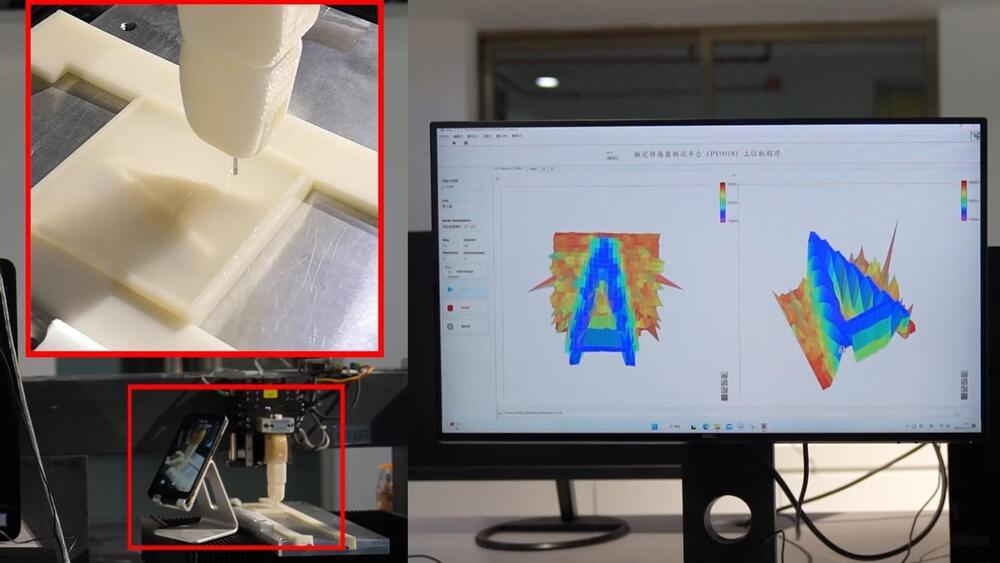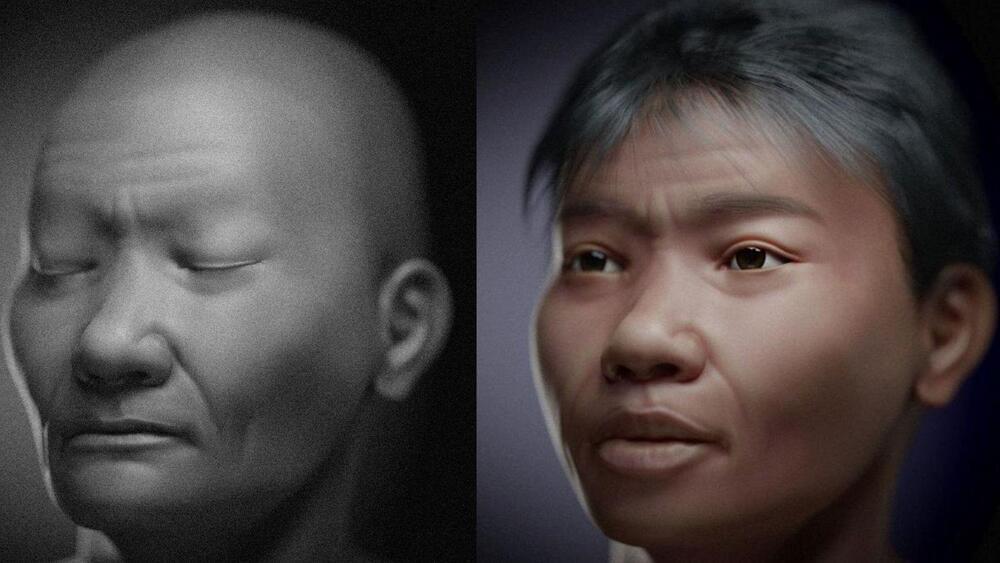GitHub has updated the AI model of Copilot, a programming assistant that generates real-time source code and function recommendations in Visual Studio, and says it’s now safer and more powerful.
The company says the new AI model, which will be rolled out to users this week, offers better quality suggestions in a shorter time, further improving the efficiency of software developers using it by increasing the acceptance rate.
CoPilot will introduce a new paradigm called “Fill-In-the-Middle,” which uses a library of known code suffixes and leaves a gap for the AI tool to fill, achieving better relevance and coherence with the rest of the project’s code.







